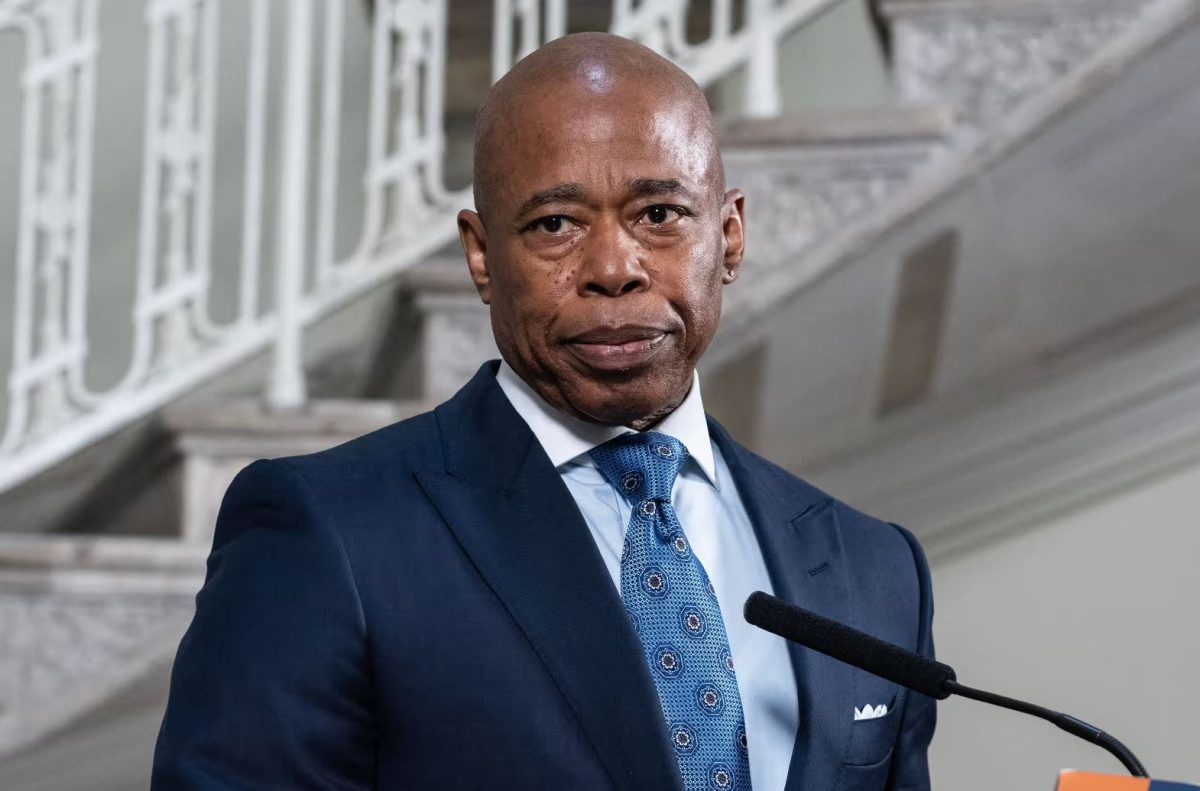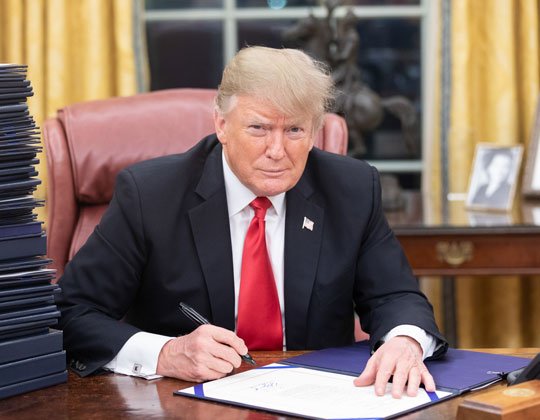On Thursday, Sep. 26, New York City Mayor Eric Adams was indicted on five federal charges, including conspiracy to commit wire fraud, bribery related to federal programs and illegally receiving campaign funds from foreign officials. This indictment comes at a time when trust in Adams is already hanging by a thread, and these allegations have only further reinforced the belief among New Yorkers and Americans alike that political figures will bend or flat-out break the rules to ensure their own personal or financial gain.
The 57-page indictment paints a damning picture: Adams is accused of accepting illegal campaign contributions from Turkish foreign officials, taking multiple overseas trips either free of charge or at an incredible discount and accepting luxurious gifts – all the while bypassing fire safety regulations to fast-track the opening of a Turkish diplomatic building in the city. If these allegations ring true, Adams hasn’t just broken the law–he has completely shattered public trust. Federal prosecutors suggest that Adams was willing to trade safety and integrity for his personal enrichment while concealing his actions from the very people he was elected to serve.
This indictment should not be taken lightly; Eric Adams’ actions are far from victimless. Bypassing fire safety regulations could have jeopardized and endangered the lives of countless New Yorkers. These regulations exist for a reason, and to willfully ignore them for personal reasons is not only irresponsible but incredibly selfish. The notion that our mayor could be so arrogant and flippant regarding the well-being of his constituents simply for the sake of luxury travel and gifts is chilling.
Prosecutors also allege that Adams funneled campaign funds through numerous straw donors, qualifying his campaign for over $10 million in matching funds from NYC’s Public Matching Funds program. This program is designed to even the playing field among candidates, ensuring that candidates with fewer resources can compete fairly. If true, Adams’ manipulation of this funds system undermines the fundamental principles of our democracy and our nation’s belief in political fairness.
Dismissing this indictment as another political scandal would be a mistake–there’s far too much at stake. Desensitization to the reality of these allegations allows us to overlook blatant disregard for the rule of law while perpetuating the notion that political figures can ignore regulation and law without consequence. Adams may claim that these trips and gifts occurred far before he became mayor, but that’s not the point. Legally, he had a responsibility to be transparent with the public. Adams is held to a higher standard as a political figure, demanding transparency, honesty and accountability at every stage of his career, not just after taking office.
While Adams’ lawyer, Alex Spiro, has downplayed the significance of these allegations, arguing that they predate Adams’ time in office, this defense completely misses the larger issue at hand. Regardless of timing, Adams accepted gifts and took these trips. Adams’ failure to disclose these perks and his questionable actions in exchange for them is deeply worrying.
At the core of this indictment lies an important question: How much are we willing to tolerate from our elected officials? If Adams is found guilty, his indictment should serve as a wake-up call—not just for New Yorkers but for the country as a whole. We must not allow leaders to prioritize their own interests and personal gain over the safety, welfare and trust of the public.
Ultimately, this indictment represents much more than Adam’s fall from grace. It highlights a systematic issue of corruption among our political figures and process, illustrating how power, money and politics form a dangerous mix that repeatedly leaves Americans as collateral damage.








